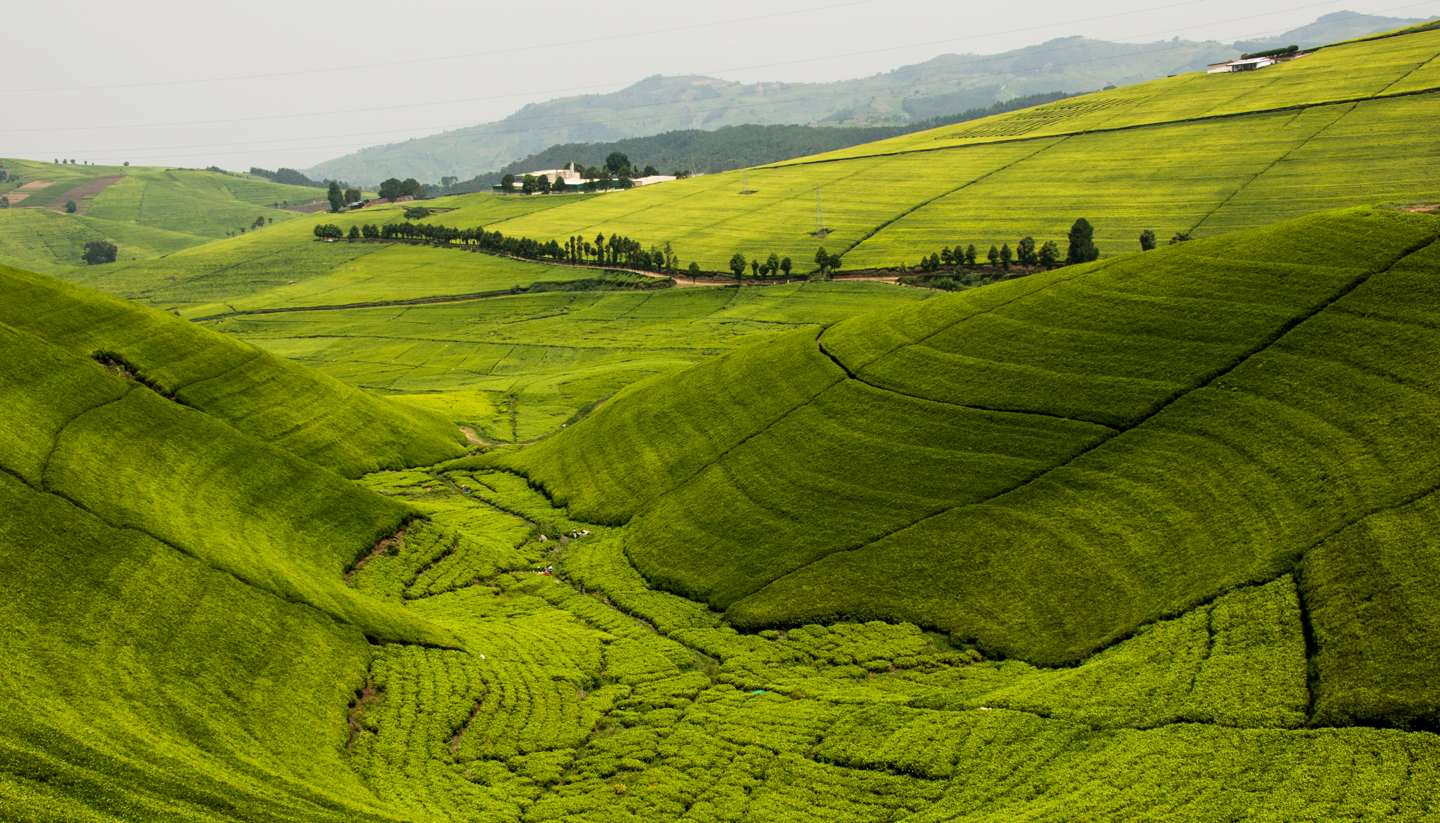Rwanda Health Care and Vaccinations
| Title | Special precautions |
|---|---|
| Yellow Fever | Yes |
| Typhoid | Yes |
| Tetanus | Yes |
| Rabies | Sometimes |
| Malaria | Yes |
| Hepatitis A | Yes |
| Diphtheria | Sometimes |
Health Care
There are hospitals spread throughout Rwanda's capital, Kigali, but fewer in rural parts of the country. In the event of a serious accident or illness evacuation by air ambulance to Kenya or South Africa may be required. Medical insurance, including cover for emergency repatriation, is essential. Visitors are advised to bring their own personal medication. In emergency, dial 912 for an ambulance.
Food and Drink
The Rwandan government is working on improving food safety in the country, with the Rwandan Food and Drugs Authority completing a three-month nationwide food safety inspection in 2020 to ensure food in hospitality venues is stored and prepared correctly. That said, it's still important to follow the usual food safety rules when dining in Rwanda: make sure food, especially meat, is well-cooked and hot, stick to fruits you can peel yourself and opt for pasteurised dairy products where possible. Hand hygiene is also very important, especially before eating.
Generally, tourists are advised against drinking tap water in Rwanda. In Kigali, some visitors who have a strong stomach and don't mind the smell of chlorine do drink from the tap, but bottled water is always recommended.
Other Risks
Schistosomiasis (also known as bilharzia), a parasite that lives in fresh water and enters the body through intact skin, is present in the country. If you swim in Lake Kivu, or any of the country's other lakes, and develop symptoms (fever, rash, diarrhoea) then seek medical advice. The parasite can lead to significant health issues if left untreated.


